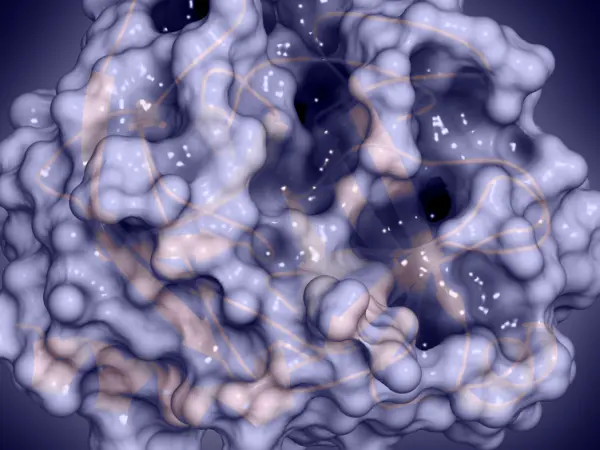All content on this site is intended for healthcare professionals only. By acknowledging this message and accessing the information on this website you are confirming that you are a Healthcare Professional.
The gvhd Hub website uses a third-party service provided by Google that dynamically translates web content. Translations are machine generated, so may not be an exact or complete translation, and the gvhd Hub cannot guarantee the accuracy of translated content. The gvhd and its employees will not be liable for any direct, indirect, or consequential damages (even if foreseeable) resulting from use of the Google Translate feature. For further support with Google Translate, visit Google Translate Help.
The GvHD Hub is an independent medical education platform, sponsored by Medac and supported through grants from Sanofi and Therakos. Funders are allowed no direct influence on our content. The levels of sponsorship listed are reflective of the amount of funding given. View funders.
Now you can support HCPs in making informed decisions for their patients
Your contribution helps us continuously deliver expertly curated content to HCPs worldwide. You will also have the opportunity to make a content suggestion for consideration and receive updates on the impact contributions are making to our content.
Find out more
Create an account and access these new features:
Bookmark content to read later
Select your specific areas of interest
View GvHD content recommended for you
Protease inhibitors
Proteases are enzymes responsible for degradation of proteins into polypeptides or amino acids. They are involved in regulation of a variety of essential processes, including cell proliferation and differentiation, tissue homeostasis, angiogenesis, stem cell mobilization, hemostasis, blood coagulation, inflammation, immunity, and apoptosis. Agents that block activity of proteases are called protease inhibitors, and a typical example is α1-Antitrypsin (AAT), a serine protease inhibitor with anti-inflammatory, antiapoptotic, and immunomodulatory properties.

Filter by content:

